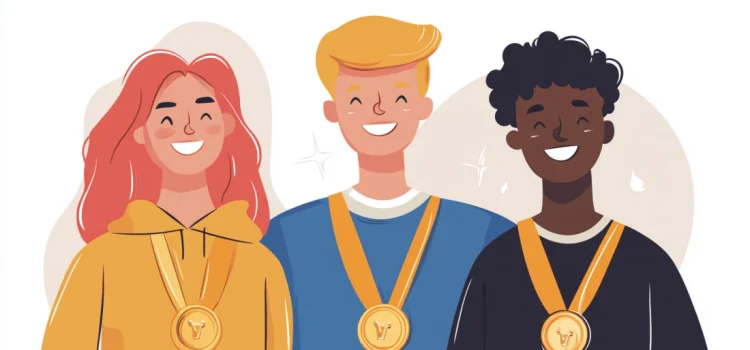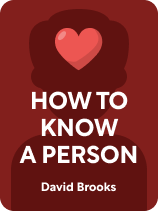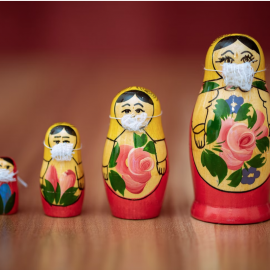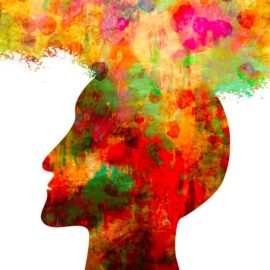

This article is an excerpt from the Shortform book guide to "How to Know a Person" by David Brooks. Shortform has the world's best summaries and analyses of books you should be reading.
Like this article? Sign up for a free trial here.
Does everyone have value? How can you recognize someone’s worth to make them feel loved?
To get to know someone deeply, you must recognize each person’s great worth as a human being. David Brooks emphasizes that this is crucial even when you’ve just met a person or expect to never see them again.
Take a look at how you should remind someone that they’re worthy.
Recognizing People’s Inherent Worth and Dignity
Brooks writes that you should remind yourself that everyone has value and that each person you interact with is a complex individual worthy of your respect and empathy—something we can lose sight of as we go about our busy lives.
Brooks offers one strategy you can use to remind yourself of people’s inherent worth. He explains that even if you don’t believe that people possess something like a soul, it can help to interact with them as if they do. Whatever your beliefs, the goal is to engage with others with deep respect: to understand that each person has value and dignity.
(Shortform note: For thousands of years, thinkers in various philosophical and religious traditions have contemplated the source of human dignity. For example, Buddhist scholars believe our value stems from our capacity for enlightenment and ability to make moral choices. Buddhist beliefs can also help you respect others even if you don’t believe in the idea of a soul: Buddhists don’t believe that people have souls because they believe that nothing is permanent, but they still believe that everyone can have dignity by being transparent, admitting their mistakes, and handling difficult situations with grace.)
If you want to really understand other people, you can’t settle for just knowing the basic facts about someone’s background or experiences, according to Brooks. While it doesn’t hurt to know some details on their interests, career, life story, or personality traits, this knowledge is only surface-level.
Brooks says it’s just as important to have a deep understanding that everyone deserves to be respected and appreciated for who they are. He explains that you can use this understanding to recognize and empathize with the unique qualities, struggles, and perspectives of each person you meet. In other words, you can only give people the kind of attention they deserve—the kind that says you see them as a unique and valuable person—if you recognize them as worthy of your time, effort, and respect.
(Shortform note: While Brooks says it’s not enough to just know the basics of somebody’s story, other experts see value in asking even simple questions about people and their experiences. These questions can demonstrate your interest in getting to know them better. Psychologists say that asking thoughtful questions shows you’re approachable, which can help you go beyond small talk and build deeper connections. Asking questions can also help ease your nerves when you’re meeting new people; then, as your relationships develop, you can introduce more personal questions.)

———End of Preview———
Like what you just read? Read the rest of the world's best book summary and analysis of David Brooks's "How to Know a Person" at Shortform.
Here's what you'll find in our full How to Know a Person summary:
- The benefits of really getting to know other people
- How to better understand people on a personal level
- Why our morality and relationships are in a crisis






